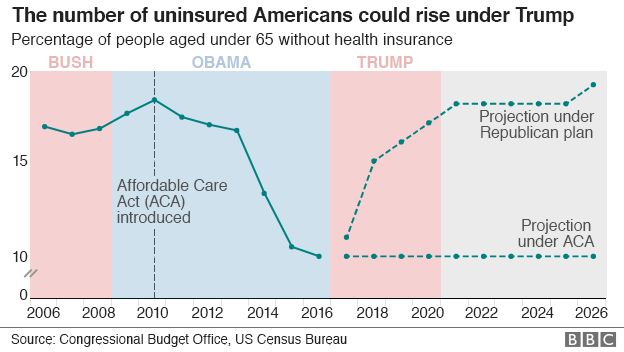I had a frustrating NHS experience recently. I am moving and starting a new job at the end of May and don't hear very well in one ear, so around the middle of March I thought I'd ask about getting a hearing aid (I've previously been offered an operation to correct it but (a) it's just one ear, it doesn't make enough of a difference to warrant taking 6 weeks off work and (b) they've already done this particular op twice and it hasn't worked twice).
I got an appointment with my GP towards the end of March and he agreed to refer me to a consultant. I get a call from an NHS place to book a time to see the consultant. Great - it's a month away, but that's not so bad, I guess - I can justify taking a morning off work to deal with it.
Next week I get another call from the same place - can I book a hearing test? They can't do the same day I'm seeing the consultant, so I'm looking at two mornings off work now - great! Still, it's not so bad, and at least if that gets it done it'll be worth it.
I go in for the hearing test. Next week I go back for the consultant visit. "So, you're hear to get your ear cleaned then?"
"No - I want to get a hearing aid." I explain the situation.
"Oh, ok. We can probably do that - let me just get you booked in for a hearing test and we can see you again to talk about it."
"I've already had the hearing test - here. Last week."
He checks his notes. "Oh yes, so you have. Well I don't see any reason why you can't have a hearing aid - we'll give it a try and see if that helps."
"Great - where do I pick it up?"
"Oh no - I can't give you it here, you need to go to the hospital and talk to someone there. I'll refer you, you should hear from them in a few weeks."
"But I'm moving house and starting a new job in 3 weeks - can you refer me to a hospital near Leeds?"
"No, but if you want to speak to your GP there, they can get the ball rolling for you."
I've already been trying to get this down for a month and a half at this point - I can always come back for a hospital visit. "No, that's ok thanks. I'll proceed down here."
"Seeing as you're hear, I can give that ear a clean anyway."
So I'm now nearly two months from when I spoke to my GP and I've had a hearing test (which showed the same as the last one I had) and have had my ear vacuumed out (which made no difference to my hearing), at the cost of two mornings off work. I'm still waiting to hear from a hospital which won't be any where near where I live by then, and I'm starting to lose the will to live.
If you had to have anything urgent done, I hate to think about how it would be dealt with.
Don't get me wrong - when my mum had an aneurysm, the NHS were not bad. They did keep postponing the operation to fix things, and it was hard to get anyone to actually tell us what was happening, but they did it and kept her alive, so that's a great outcome. There's a lot that could be better though.
That Tune's Familiar: Parody Songs
19 hours ago








